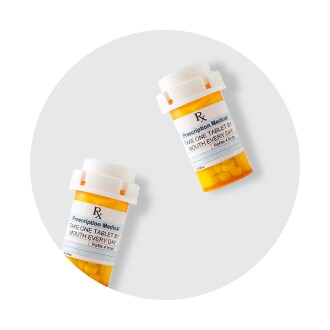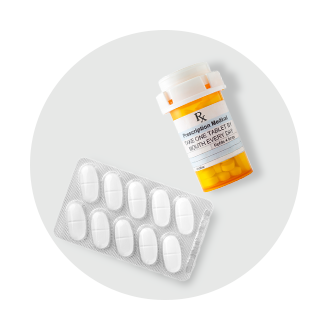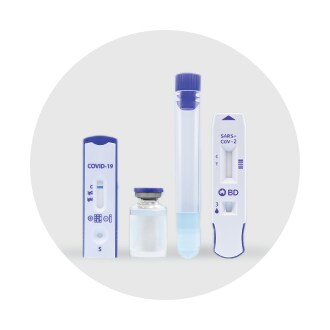What does Tdap mean?
Tdap is the combined vaccine for tetanus, diphtheria and pertussis, three very serious diseases.
- Tetanus (also called lockjaw) is rare in the United States today. It causes painful muscle tightening and stiffness, usually all over the body. It can lead to tightening of muscles in the head and neck so that you can’t open your mouth, swallow or sometimes even breathe. Tetanus kills about 1 in 10 people who are infected, even after receiving the best medical care.
- Diphtheria is also rare in the United States today. It can cause a thick coating to form in the back of the throat. It can lead to breathing problems, heart failure, paralysis and even death.
- Pertussis (whooping cough) causes severe coughing spells, which can cause difficulty breathing, vomiting and disturbed sleep. It can also lead to weight loss, incontinence and rib fractures. Up to 2 in 100 adolescents and 5 in 100 adults with pertussis are hospitalized or have complications, which could include pneumonia or death.
All of these diseases are caused by bacteria. Diphtheria and pertussis are spread from person to person through secretions from coughing or sneezing. Tetanus enters the body through cuts, scratches or wounds.*
Why is it important?
The Tdap vaccine can protect us from all of these diseases. And when given to pregnant women, the Tdap vaccine can protect newborn babies against pertussis.
Before vaccines, as many as 200,000 cases of diphtheria, 200,000 cases of pertussis and hundreds of cases of tetanus were reported in the United States each year. Since vaccination began, reports of cases for tetanus and diphtheria have dropped by about 99%, and pertussis reports have dropped by about 80%.*
Who should get it and how often?
The Tdap vaccine can protect adolescents and adults from tetanus, diphtheria and pertussis. One dose of Tdap is routinely given at age 11 or 12. People who did not get Tdap at that age should get it as soon as possible.
Receiving the vaccine is especially important for healthcare professionals and anyone having close contact with a baby younger than 12 months.
Pregnant women should get a dose of Tdap during every pregnancy, to protect the newborn from pertussis. Infants are most at risk for severe, life-threatening complications from pertussis.
What types of vaccine are there?
The Tdap vaccine can protect adolescents and adults from tetanus, diphtheria and pertussis.
Another vaccine, called Td, protects against tetanus and diphtheria, but not pertussis. A Td booster should be given every 10 years. Tdap may be given as one of these boosters if you have never gotten Tdap before. Tdap may also be given after a severe cut or burn to prevent tetanus infection.*
*Information on this page was referenced from CDC.gov (Opens in a new tab or window).
Tools & Resources
Review our Pharmacy Notice of Nondiscrimination to learn more about how The Kroger Co.’s and its subsidiaries’ pharmacies and retail health clinics (“Kroger”) complies with applicable Federal civil rights laws.
Pharmacy, Clinic, and Nutrition services are available in select areas. Access our pharmacy locator to find a pharmacy near you. The Little Clinic practices in the following states only: AZ, KY, OH, TN, CO, IN, GA, KS, VA. Access our clinic locator to find a clinic near you. Nutrition services are not available in AK, MT, NJ, NY, SC, WY, or where otherwise prohibited by applicable law. Walk-ins welcome as time allows.





